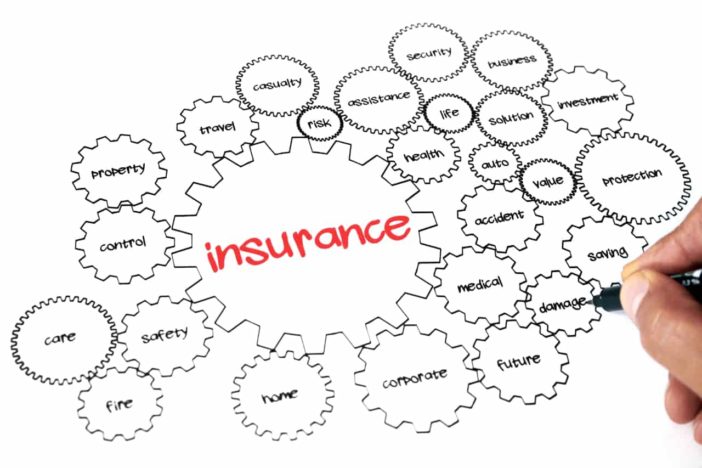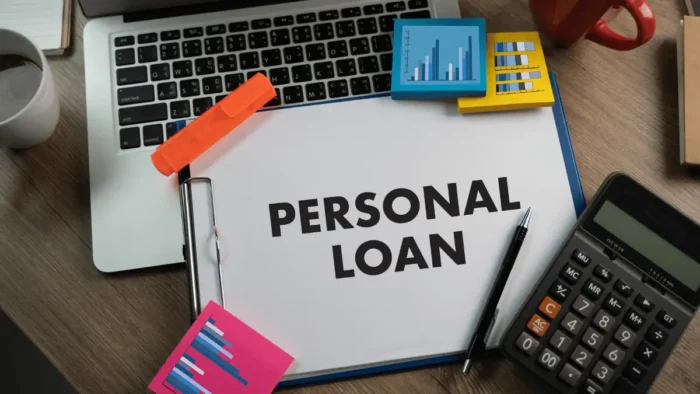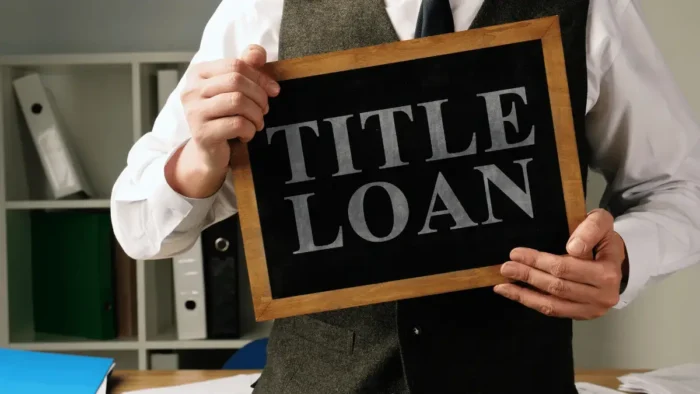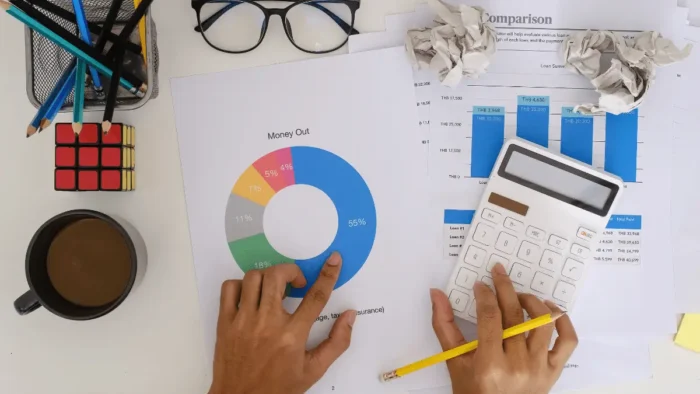Insuring your assets is a sound risk management strategy. Asset insurance passes the risk of loss or damage to property from your business to the insurance company. This represents a safety net that reduces the financial impact of loss or damage to expensive fixed and movable assets. It ensures that the business is able to continue when equipment fails and that the loss of income is mitigated. Disasters can be financially devastating and can seriously disrupt business.
In contemplating insurance, you should consider whether you could replace or repair stolen or damaged equipment with your own money. If the answer to this is no, then insuring your assets is essential. Insurance forms an important part of any well-developed financial plan. Managing your risk is vital for the health of your business and will give you peace of mind.
An insurance policy is a contract between an individual or business entity, and the insurance company. In accordance with the policy, the insurance company agrees to pay out an amount of money in the event that certain named assets are accidentally damaged, destroyed, or stolen. In return, the insured will pay regular premiums based on the risk, the value of the goods, and the extent of the coverage.
There are five very important reasons why you should consider insuring your equipment.
1. You won’t get external finance without insurance
If you borrow money to purchase property or equipment lenders will require you to have insurance. Without insurance, you simply won’t get the funds to get going or to grow your business. You won’t be able to take up opportunities as they arise, so your business is unlikely to thrive in a competitive environment. No bank will lend you money unless they are satisfied that their assets are safe. At the very least your buildings and equipment must be covered by insurance.
2. The risk of financial ruin is high when expensive assets are not insured
In recent years there have been a number of hurricanes, tornadoes, and other natural disasters that completely wiped out businesses in the areas where they occurred. Those who were not insured or were underinsured faced financial ruin. Many did not understand the terms of their insurance policies and were not aware that they were not covered for storm damage. Some had chosen to exclude storm damage to save on premiums. Yet the insurance industry still paid out billions of dollars.
Building Insurance
Damage to buildings is one of the foremost financial risks. Weather damage, flooding, and fire can cause extensive damage and because of the size of the investment, the costs to repair or replace assets can be financially devastating.
Fixtures such as air conditioners and refrigeration units are often included in the building insurance and should be considered when deciding how much insurance to take out on the building. Assessors are trained to help you to determine the value of your assets.
Property Insurance
Regardless of whether you own or lease a property, you will need property insurance to cover your inventory, equipment, signage, and furniture. Because the risk of theft and accidental damage is ever-present, this is the most important insurance that you will buy. You may also take a look at https://www.vosslawfirm.com/practice_areas/commercial-business-tornado-insurance-claim-lawyers.cfm for more information about tornado insurance policies.
Equipment Breakdown Insurance
Also important is the question of expensive equipment repairs and business continuity and for this, you will require Equipment Breakdown Insurance
Equipment Breakdown Insurance is also known as Boiler and Machinery Insurance. It covers the cost of sudden and accidental equipment damage. Equipment can be difficult and expensive to repair and while it is down, you may not be able to continue with your business or projects. This will affect your income. Equipment breakdown insurance includes:
- All costs relating to the repair or replacement of failed equipment.
- Lost income resulting from equipment failure.
- The costs of getting the business up and running again. For example, you may have to airfreight equipment, sub-contract work or work overtime to catch up. This could all be covered by your insurance.
- Related losses caused by the failure of the equipment, for example, food damaged due to a refrigerator breakdown
Typically, this type of insurance covers
- Production equipment
- Heating and cooling facilities
- Boilers, pumps and pressure vessels
- Electrical distribution systems
General Liability Insurance
Every business should also have General Liability Insurance which would protect it against lawsuits brought by others. It covers damages and injuries brought about by the use of your product, premises, and equipment. This insurance also covers the legal fees involved in the claim. If you’re considering leasing premises, it is worth noting that most landlords will insist on this type of insurance.
Computer All Risk Insurance
Today a business cannot operate without computer equipment. From access control to sales, deliveries, invoicing and even production test equipment, computers drive it all. The loss of computer equipment can be as devastating as damage to a major piece of factory equipment. It is therefore not only necessary to do the regular backups, but it is also essential that organizations have a business continuity plan that considers all aspects of digital failure.
Computer all risk insurance insures your computer equipment against accidental loss of equipment through operational errors or malicious acts by employees, burglary, robbery, electrical faults, water damage, and fire. This insurance will cover the costs to replace the damaged equipment and the costs of the contingency plans.
3. Some insurance is legally required
By law, all motor vehicles on the road must be insured. Comprehensive Motor Insurance will cover accidents, fire, theft of the vehicle, cost of towing, and third-party liability.
For businesses with several vehicles, Fleet Insurance is designed to reduce the overall cost of insurance by distributing the risk over a larger number of vehicles. It can be used to cover a number of vehicles, trucks, and commercial transport. Fleet vehicle insurance takes account of the fact that the vehicles are driven by a number of drivers. If personal vehicles are used for business purposes, your insurance should cover them too.
4. High risk of loss of goods that are not on your business premises
Inland marine insurance was initially developed to cover transport over water. This insurance has been extended to include the goods in transit on the roads and property not belonging to you that is damaged on your premises or in transit to or from your premises. Your business property insurance normally will only insure your goods within a certain perimeter of your premises so anything that leaves the premises will be at risk without the inclusion of inland marine insurance. This insurance will ensure that if your property is stolen whilst in your vehicle, in transit, or at a third-party warehouse you will be reimbursed for the loss.
If you are in the construction business the builder’s risk insurance will cover you for the loss of or damage to equipment left on a construction site. It typically covers tools, fixtures, materials, and equipment used on the construction site. Make sure that you fully understand the terms of the contract as sometimes heavy equipment is excluded and you may have to take out separate insurance for this.
5. Leased equipment could be at risk
Many businesses lease expensive equipment. If you lease equipment, make sure that the equipment is covered by insurance. If not, you must purchase your own insurance or you will run the risk of paying for damages to the equipment and the costs of business disruption. Even if the lessor is responsible for repairs to the equipment, you will not be compensated for the business interruption. Take this into account, and make sure that you are covered if the financial risk is high. Insurance on leased equipment can get quite complex and confusing so it is highly recommended that you seek professional assistance before leasing the equipment.
Most insurance for heavy machinery will cover operating risks and third-party liability.
Understanding the terms of your insurance policy
Not only is insurance an important aspect of your risk management it is also essential that you have adequate cover. If you are underinsured you will receive less than the value of the damages. Over-insuring your goods are, of course, a waste of money. It is also important that you know whether your equipment is insured at replacement cost or actual cash value.
Replacement cost means that the insurance will cover the full replacement value of the goods lost without taking any account of depreciation. If you are insured for the actual cash value you will be reimbursed for the depreciated value of the equipment. Whilst this will be cheaper it may mean that you will be unable to purchase replacement equipment.
It is essential that you understand the conditions of your insurance contract and that you know how much you are insured for and what you would receive in the event of damage, destruction, or theft of assets. You may sometimes feel that paying insurance premiums is an unnecessary expense, but when damage does occur and you are able to claim from your insurance company you will recover more quickly without putting unnecessary strain on your finances.
Failure to protect yourself from risk does not make sense.





